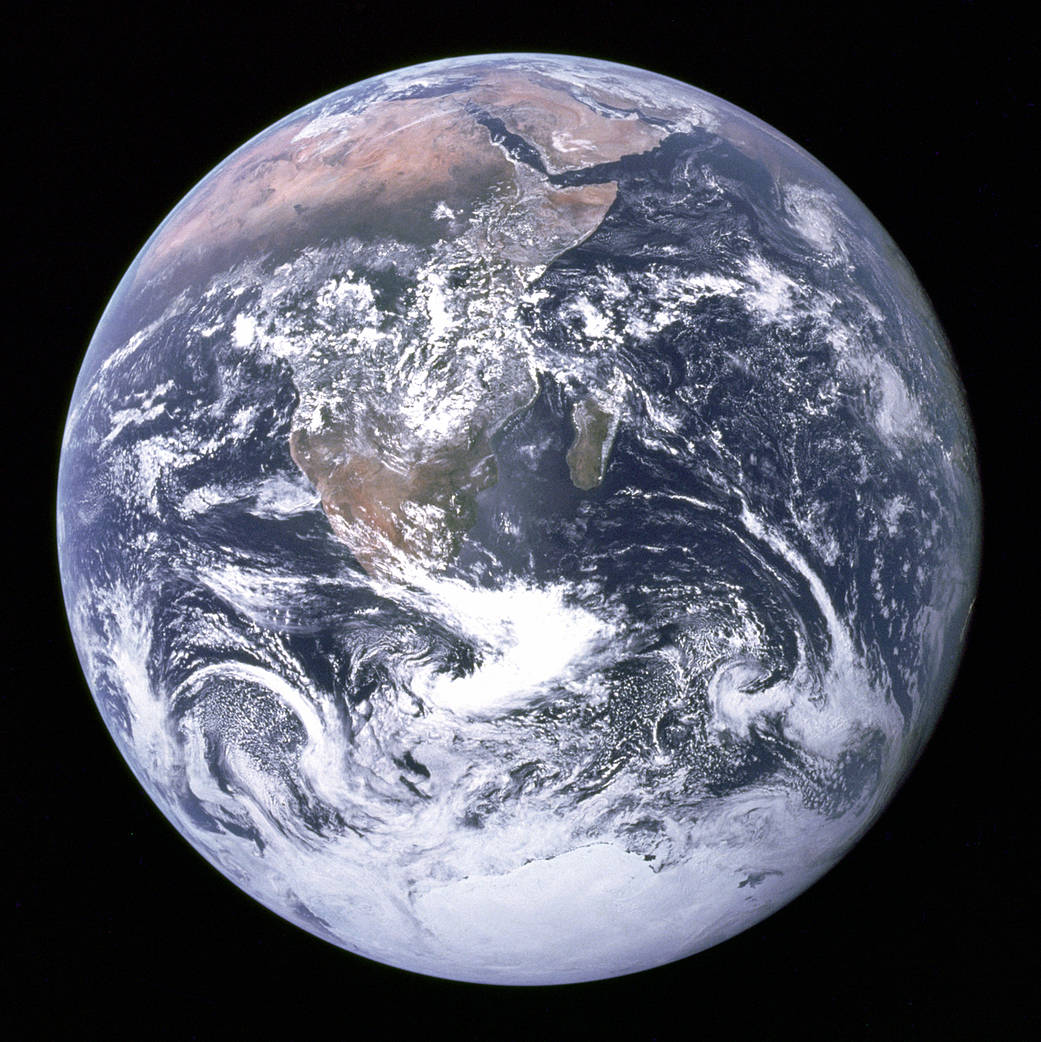Are people good? Is humankind basically benign? In our current belief system, which we might term liberal secular humanism, which has held sway in the West since the Second World War, and which promotes human progress and well-being, only one response is permitted: Yes, of course! Any suggestion that there might be something wrong with people as a whole, with Man as a species, is absolute anathema. But today, two circumstances come together to prompt me to pose the question once more. The first is the ending, this week, of my 15 years as Environment Editor of The Independent. It has been a privilege beyond measure to work for so long for a wonderful newspaper which has put the environment at the heart of its view of the world. We are proud of all we have done about it, from raising the question, in 2000, of the mysterious disappearance of the house sparrow from London and other major cities – we offered a £5,000 prize for a proper scientific explanation, but the mystery remains – to devoting the whole of the front page, in 2011, to the then hardly recognised threat of neonicotinoid insecticides, now an obsession around the globe. But there have been what you might call side effects. For if, over the past decade and a half, you have closely observed what is happening to the Earth, week in, week out, you may take a dark view of the future; and I do. The reason is that the Earth is under threat, as it has never been before, from the ever more oppressive scale of the human enterprise: from the activities of a world population which doubled from three to six billion in four short decades, between 1960 and 2000, and which, in the four decades to come, will probably increase by three billion more. These activities are now wiping out ecosystems and species, across the world, at an ever increasing rate: the forests are chainsawed; the oceans are stripmined of their fish; the rivers, especially in the developing world, are ever more polluted; the farmland is rendered sterile of all but the monoculture crop by demented dosing with pesticides; the farmland insects and wild flowers and many of the birds have gone.
Read more:
http://www.independent.co.uk/voices/comment/man-is-fallen-and-will-dest…
Michael McCarthy, the Independent's Environment Editor, is one of Britain’s leading writers on the environment and the natural world. He has three times been Environment Journalist of the Year (1991, 2003 and 2006) and in 2001 was Specialist Writer of the Year in the British Press Awards. In 2007 he was awarded the medal of the RSPB for "Oustanding Services to Conservation" – the first time in the medal's 100-year history that it has been given to a journalist – and in 2009 he was given the Marsh Award for Lepidoptera Conservation. In 2010 he was awarded the Silver Medal of the Zoological Society of London, and in 2011 the Dilys Breese Medal of the British Trust for Ornithology. In 2009 McCarthy published Say Goodbye To The Cuckoo (John Murray), a study of Britain's declining migrant birds.
Source: The Independent, 3 April 2013
http://www.independent.co.uk/biography/michael-mccarthy

- Login om te reageren
